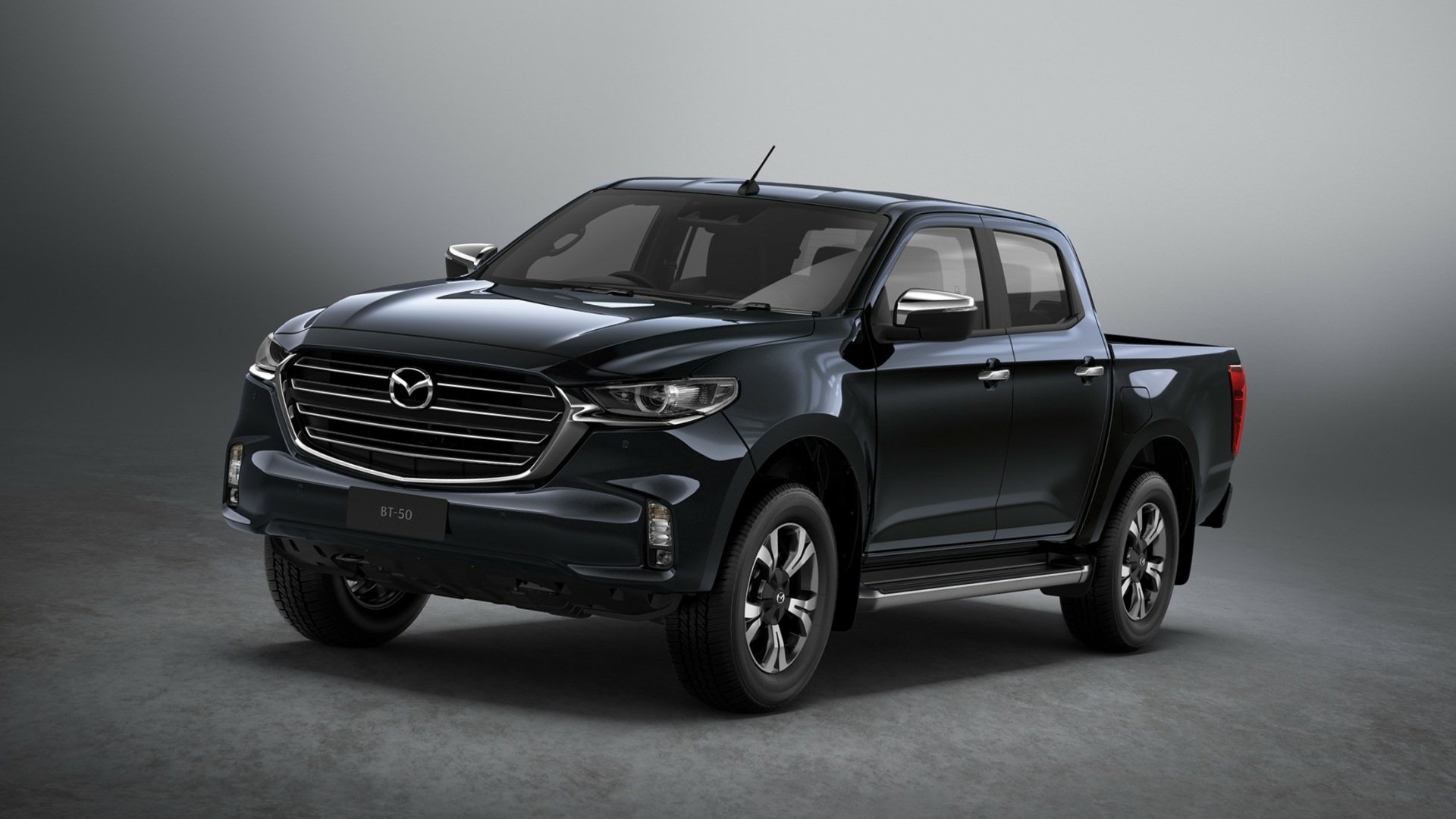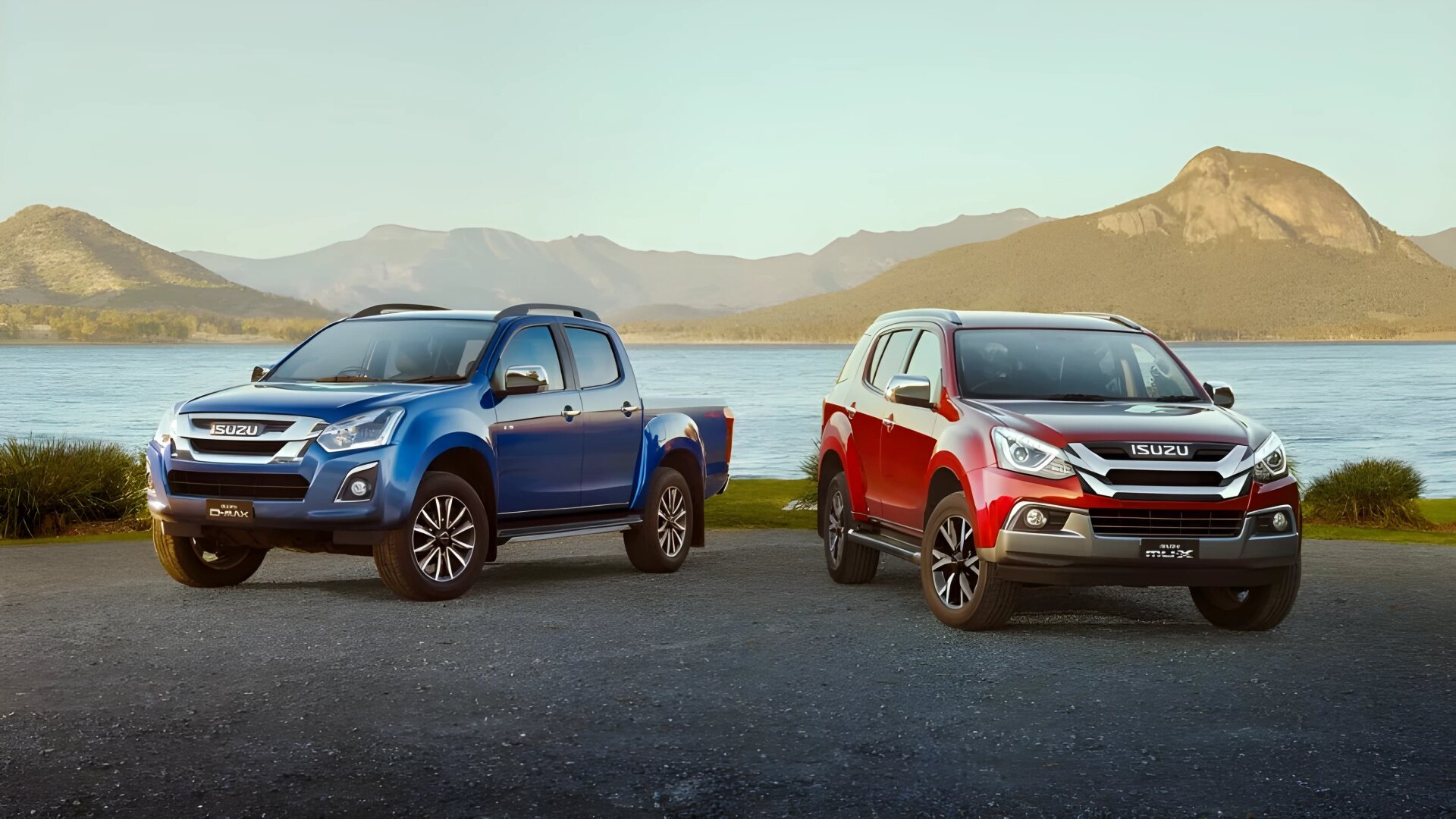A “bump steer” issue plaguing Isuzu D-Max, MU-X, and Mazda BT-50 vehicles might pave the way for a class action against the automakers. Owners of the current-generation Isuzu D-Max ute and MU-X SUV, along with the related Mazda BT-50 ute, are being urged to participate in a potential class action seeking compensation for a common suspension fault.
Chamberlains Law Firm is currently gauging interest from D-Max, MU-X, and BT-50 owners who wish to partake in a potential class action against Isuzu and Mazda for allegedly neglecting to address an issue leading to excessive tire wear.
Since the introduction of these three models to the Australian market in 2020, owners have raised complaints about excessive “bump steer,” where the vehicle’s front wheels self-steer when encountering bumps in the road, resulting in uneven tire wear.

The problem becomes more pronounced when the vehicle’s ride height is raised, as is often the case in off-road driving. Last month, Isuzu and Mazda announced the implementation of a no-cost steering alignment to rectify the fault, with Isuzu even offering to replace tires exhibiting premature and uneven wear caused by bump steer on a case-by-case basis.
However, according to the law firm leading the potential class action, this remedy falls short, as owners may have incurred expenses for replacement tires and experienced a decrease in their vehicle’s resale value. The law firm alleges that despite the issue being evident for several years, Isuzu and Mazda have failed to offer a permanent fix.

Various aftermarket companies have developed replacement steering knuckle kits for the D-Max, MU-X, and BT-50 to mitigate the effects of bump steer, albeit at a cost starting around $1200 before installation. Isuzu implemented the steering alignment change in new D-Max and MU-X vehicles between November 2023 and January 2024, with all examples sold since then benefiting from the adjustment.
While Mazda Australia has not provided a timeline for the BT-50, it is manufactured in the same factory in Thailand, suggesting that the fix was implemented during the same period. Approximately 75,000 units of the current-generation Isuzu D-Max were sold before the completion of the fix, alongside roughly 35,000 MU-Xs and about 45,000 BT-50s.

